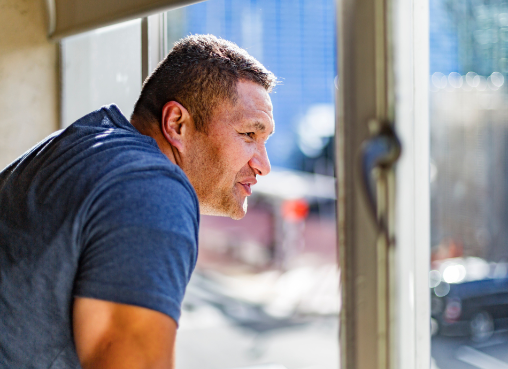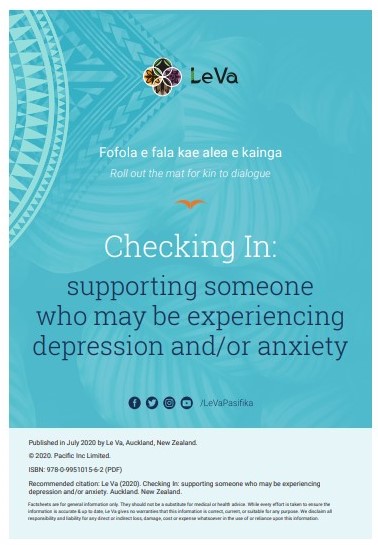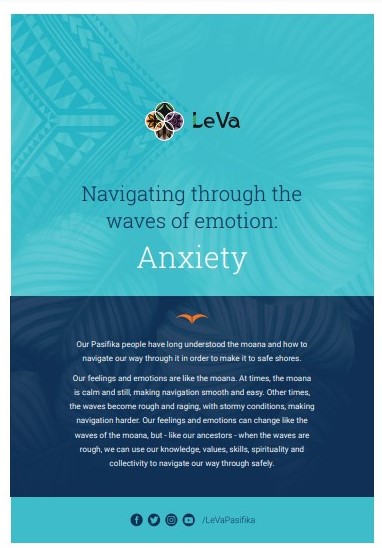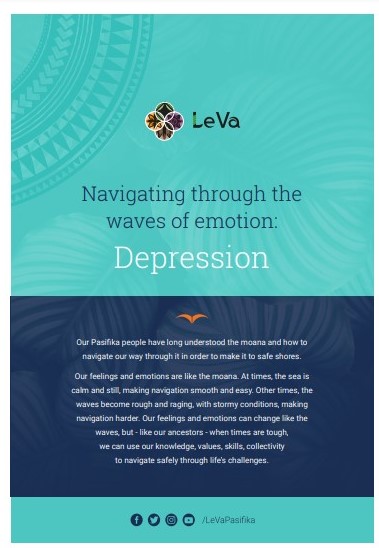1. Notice the signs
Notice the signs and symptoms of anxiety and depression. Someone with anxiety may always feel worried, be easily annoyed or irritated, or think only bad things will happen. Find out more about the signs and symptoms of anxiety.
Someone with depression may feel unhappy most of the time, have trouble sleeping, or not get things done at home, school or work. Find out more about the signs and symptoms of depression.
2. Timing is everything
Choose the right time to connect and talk with the person, eg, a time when you’re not likely to be interrupted. Find a place that is quiet and private, so they feel comfortable talking.
3. Ask with courage
If you notice a change in someone, let them know you’re concerned and give them space to share if they want to. You could try these sentences:
“You seem really unhappy. Would you like to talk? I’m here for you.”
“I noticed you’re not taking part in the things you usually enjoy. I’m worried about you. Would you like to talk about it?”
4. Reassure
Let them know they’re doing the right thing by talking to someone. Tell them you see their courage in their willingness to share. You could try this approach:
“Thanks for sharing that with me. I know it’s not always easy to share and it takes a lot of courage. You’re doing the right thing by letting me know.”
5. Acknowledge
Acknowledge the challenges they are going through. Try this sentence:
“It sounds like you’re going through a really tough time.”
6. Give them hope
Give them hope and reassurance by letting them know they aren’t alone and there is help available. Try this:
“I know it’s hard now, but you don’t have to do this alone. There is help available for you.”
7. Talk about support
Talk about the different support that is available and that they can seek professional help. Get help straight away if someone is in immediate danger of self-harm by calling 111.
If you’re worried about someone’s mental health (or your own) you can contact one of the following free helplines or contact your GP or healthcare provider:
- 1737(external link) phone or text 24/7 to reach a trained counsellor
- Depression Helpline (0800 111 757)
- Lifeline (0800 543 354)
- Samaritans (0800 726 666)
- Youthline (0800 376 633)









